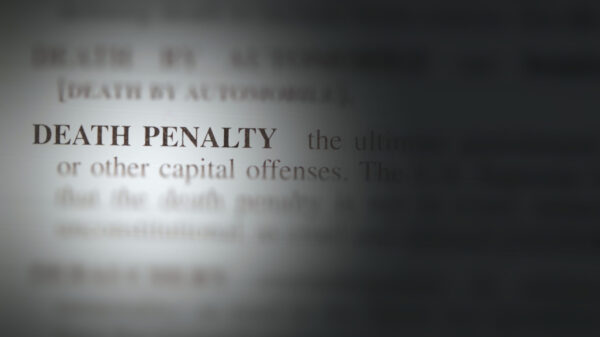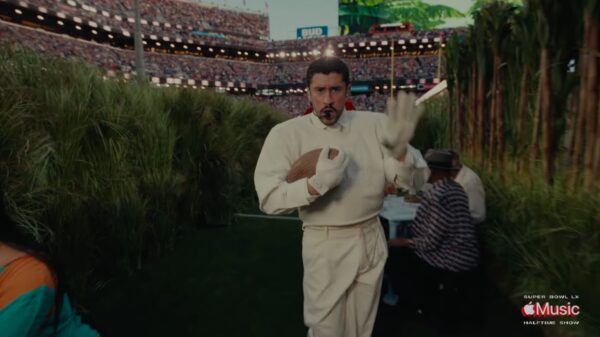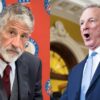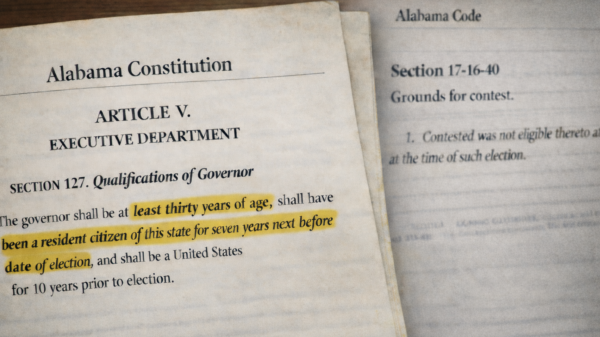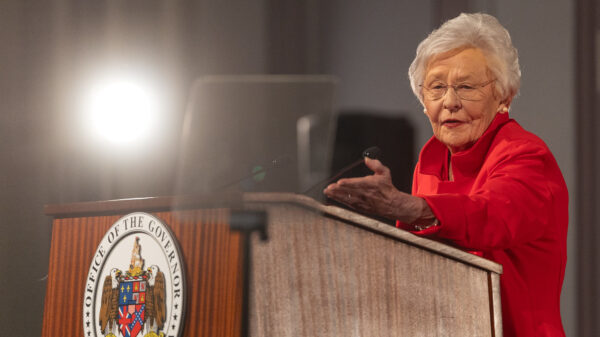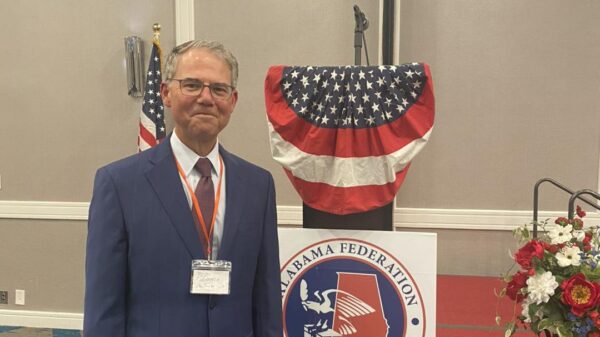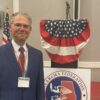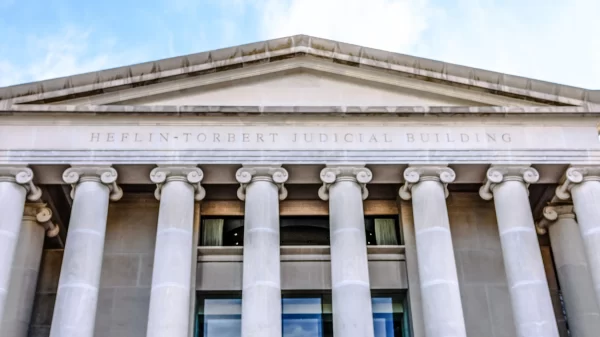On Friday, April 10, 2020, the Alabama Supreme Court upheld Mike Hubbard’s conviction on six counts of felony ethics violations.
It was not a complete victory, but justice was served.
And even though the Court looked craven and reluctant in its ruling, it did, in fact, acknowledge Hubbard’s guilt and also maintained his sentence. He will receive a certification of guilt in the near future and will spend four years in jail for his crimes against the people of Alabama.
Hubbard did the one thing unacceptable in a democratic society; he betrayed the public trust by using his elected office for personal gain.
The idea of public trust holds that the true power in government lies with the people and that government officers are elected as their representatives, therefore when individuals use their office for personal benefit and not the public’s, they have broken the bond that gives them power.
Hubbard sought personal reward as a representative of the people, an inexcusable offense in a democratic republic.
For years and even today, there are Republicans in the state who believe that Hubbard should not have been prosecuted. Even Supreme Court Associate Justice Will Sellers wanted to let Hubbard walk free. Sellers, like many of his compatriots, seemed to believe that the office of the attorney general should have been pursuing Democrats, not fellow Republicans. This brand of partisan thinking holds true today in certain circles.
Hubbard was a talented politician, but power exposed his weakness.
Abraham Lincoln said, “If you want to test a man’s character, give him power.”
Hubbard wanted a life grander than that of a humble public servant. His mentor, former-Gov. Bob Riley, warned him by asking in an August 2011 email, “Question now is DO YOU “WANT” to be Gov— or— make a lot of money: good thing is you could do either but I am not sure it’s possible to do both.
In an email earlier that Hubbard lamented his position as the most powerful man in state politics writing, “To be honest, I feel like I am failing my family by sacrificing the opportunity to make money in favor of a job that costs me money and a lot of grief.”
Hubbard’s was an ancient problem, “the lust of the flesh, and the lust of the eyes, and the pride of life,” that is what laid him low. He looked at the men around him who enjoyed wealth and privilege and lusted for the same lifestyle. Hubbard was a dismal failure in business and only succeeded on occasions through rigged bids and the help of more influential older men.
In every one of his crimes underlies a desire for more money, and as Speaker of the House, the lure of easy money was his undoing.
I spend nearly eight years tracking Hubbard’s crimes and wrongdoings. I hope this is the last time I ever write about him, but that is not a given.
Hubbard would most likely be Governor of Alabama today had it not been for the intrepid work of Matt Hart.
Hart is a hero, a term I do not use lightly. To me, a hero is an individual who has given their life to something bigger than themselves; in Hart’s case, it has been the dogged pursuit of justice.
He has now left the field, and I doubt we will see his like again for a generation.
The current attorney general’s office isn’t interested in high-level public corruption and the Republican-controlled legislature isn’t interested in strengthening and clarifying the state’s ethics laws.
Undoubtedly they will use the State Supreme Court’s ruling in the Hubbard case as an opportunity to weaken the ethics statutes.
Even now, the laws are being skirted, ignored and broken because there are no watchers on the wall. And the people will pay the price because public trust is being broken.
The pursuit of justice must be ongoing because the nature of power bends toward corruption.
Hubbard presided over an orgy of greed and corruption, as I wrote some years ago.
His era is over, but there are always more Mile Hubbards than there are Matt Harts.
And so for now, in the matter of The People versus Michael G. Hubbard, justice is served.















